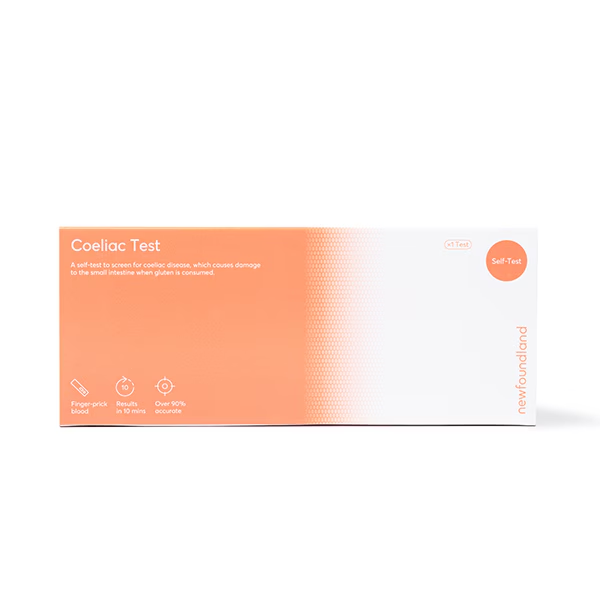Limited Time: Get 15% Off on weight loss services with Code AUTUMN15
Limited Time: Get 15% Off on weight loss services with Code AUTUMN15
Limited Time: Get 15% Off on weight loss services with Code AUTUMN15
Limited Time: Get 15% Off on weight loss services with Code AUTUMN15
Limited Time: Get 15% Off on weight loss services with Code AUTUMN15
Limited Time: Get 15% Off on weight loss services with Code AUTUMN15
Limited Time: Get 15% Off on weight loss services with Code AUTUMN15
Limited Time: Get 15% Off on weight loss services with Code AUTUMN15
Limited Time: Get 15% Off on weight loss services with Code AUTUMN15
Limited Time: Get 15% Off on weight loss services with Code AUTUMN15
Limited Time: Get 15% Off on weight loss services with Code AUTUMN15
Limited Time: Get 15% Off on weight loss services with Code AUTUMN15
Limited Time: Get 15% Off on weight loss services with Code AUTUMN15
Limited Time: Get 15% Off on weight loss services with Code AUTUMN15
Limited Time: Get 15% Off on weight loss services with Code AUTUMN15
Limited Time: Get 15% Off on weight loss services with Code AUTUMN15
Limited Time: Get 15% Off on weight loss services with Code AUTUMN15
Limited Time: Get 15% Off on weight loss services with Code AUTUMN15
Limited Time: Get 15% Off on weight loss services with Code AUTUMN15
Limited Time: Get 15% Off on weight loss services with Code AUTUMN15
Limited Time: Get 15% Off on weight loss services with Code AUTUMN15
Limited Time: Get 15% Off on weight loss services with Code AUTUMN15
Limited Time: Get 15% Off on weight loss services with Code AUTUMN15
Limited Time: Get 15% Off on weight loss services with Code AUTUMN15
Coeliac Test
Self-testing kits are for personal use only and do not replace professional medical advice. Always follow the instructions and consult a healthcare professional if unsure about your result.
£11.99
Fast and Discreet Delivery Options
Experience swift and discreet delivery tailored to your needs. Your health, delivered with care.
100% UK Registered Pharmacy
Your health is in safe hands with our 100% UK Registered Pharmacy.
Free Online Consultations
Book your free online consultation today and get personalized advice from our registered pharmacists.
Coeliac Test Kit by Newfoundland (Celiac)
The Newfoundland Coeliac Test Kit is a rapid, at-home finger-prick blood test that detects anti-tissue transglutaminase (tTG-IgA) antibodies — a key marker of coeliac (celiac) disease.
It provides results in around 10 minutes and helps you determine whether gluten sensitivity or coeliac disease may be the cause of your digestive symptoms.
Intended for human self-testing only.
What’s in the Kit
- Test cassette (lateral flow immunoassay for tTG-IgA)
- Buffer solution vial
- Sterile lancet and alcohol swab
- Capillary tube or dropper for blood sample collection
- Instruction leaflet
What It’s For
This test helps screen for coeliac disease — an autoimmune condition where eating gluten triggers an immune reaction that damages the small intestine.
It’s suitable for people with symptoms such as:
- Chronic bloating, diarrhoea, or constipation
- Unexplained fatigue or low energy
- Abdominal pain or cramping
- Weight loss or difficulty gaining weight
- Iron-deficiency anaemia or low vitamin B12 levels
Important: For the result to be accurate, you must have been eating gluten regularly (e.g. bread, pasta) for at least 6 weeks before testing.
Directions for Use
- Adults (18+): read the leaflet before starting the test.
- Clean your fingertip with the alcohol swab and use the lancet to obtain a drop of blood.
- Collect the sample using the capillary tube or dropper and place it in the cassette sample well.
- Add the buffer solution as directed and start timing.
- Wait approximately 10 minutes and read the result within the specified time window.
- Interpretation:
- Two lines (Test + Control): Positive — tTG-IgA antibodies detected. Possible coeliac disease — speak to your GP for full testing.
- One line (Control only): Negative — unlikely coeliac disease, but see your GP if symptoms persist.
- No Control line: Invalid — repeat with a new test.
Precautions & Warnings
- For human in-vitro diagnostic use only. Not for veterinary use.
- Single-use test. Dispose of all materials safely after use.
- Do not use if the foil pouch is damaged or after the expiry date.
- If you have IgA deficiency, the test may give a false-negative result — discuss with your GP if you suspect this.
- Do not start a gluten-free diet before confirming the diagnosis with a healthcare professional.
- If you have been on a gluten-free diet for more than a few weeks, the test may not detect antibodies accurately.
Performance & Helpful Info
- Detects tTG-IgA antibodies from a finger-prick blood sample.
- Results in approximately 10 minutes.
- Reported sensitivity and specificity above 95% under intended use.
- CE-marked for home use in the UK/EU.
This test is a useful first screening step.
If your result is positive, your GP will usually confirm the diagnosis with a blood test and possibly an endoscopy.
Do not start a gluten-free diet until advised by your doctor.
FAQs
Can I use this test if I’m already on a gluten-free diet?
No — antibody levels fall quickly once gluten is removed. You’ll need to reintroduce gluten for several weeks before testing.
Can the test confirm coeliac disease?
No. It screens for antibodies associated with coeliac disease. A positive result requires follow-up lab testing and medical assessment.
What should I do if I get a positive result?
Continue eating gluten and book an appointment with your GP for confirmatory tests and advice before changing your diet.




